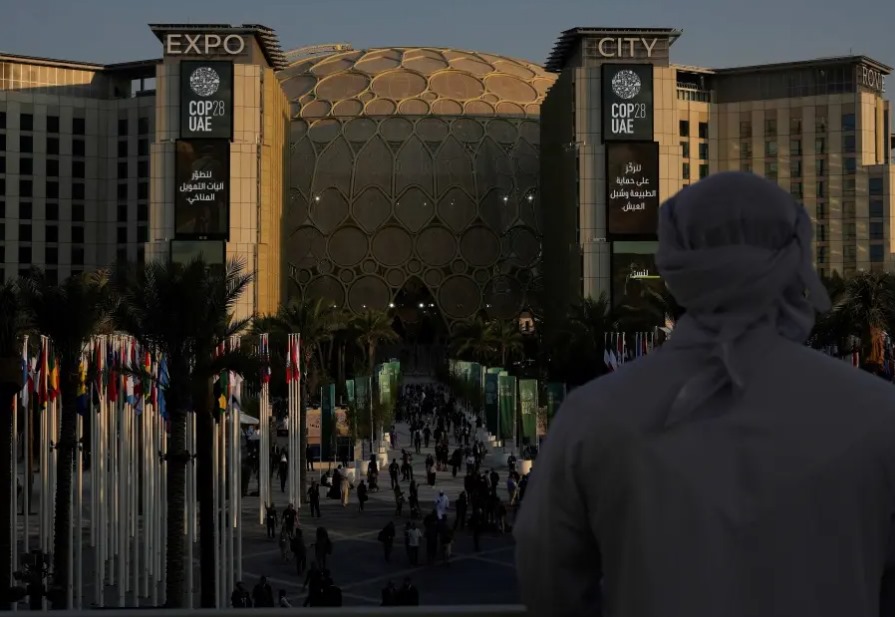The United Arab Emirates (UAE) hosted the United Nations Climate Change Conference (COP28) in 2023 and used it to burnish its image despite pushing for fossil fuel expansion and maintaining a zero-tolerance policy toward dissent, Human Rights Watch said today in its World Report 2024.
The UAE, one of the world’s largest oil producers and per capita greenhouse gas emitters, hosted COP28 in November and December 2023 despite the country’s draconian repression of peaceful dissent, laws that prohibit free association and assembly and deny the right to privacy, and unjust imprisonment of scores of human rights defenders, activists, academics, and lawyers. The UAE’s closure of civic space limited meaningful participation of activists in climate negotiations. The COP28 acknowledged the need to transition away from fossil fuels, but fell short of a clear and time-bound commitment to phase out fossil fuels as the main drivers of the climate crisis.
“The UAE tried using COP28 to improve its image internationally to conceal the government’s deeply repressive policies and push to expand its fossil fuel production” said Joey Shea, UAE and Saudi Arabia researcher at Human Rights Watch. “This undermines global efforts to confront the climate crisis and protect human rights.”
In the 740-page World Report 2024, its 34th edition, Human Rights Watch reviews human rights practices in more than 100 countries. In her introductory essay, Executive Director Tirana Hassan says that 2023 was a consequential year not only for human rights suppression and wartime atrocities but also for selective government outrage and transactional diplomacy that carried profound costs for the rights of those not in on the deal. But she says there were also signs of hope, showing the possibility of a different path, and calls on governments to consistently uphold their human rights obligations.
Read more: hrw.org
Photo: hrw.org


Leave a Reply